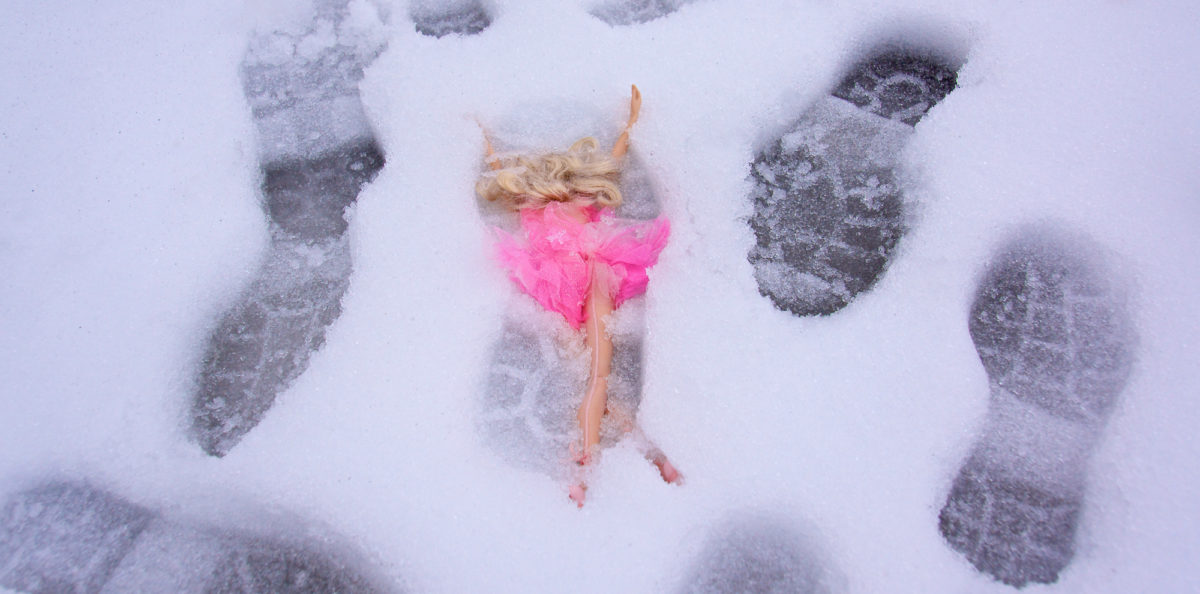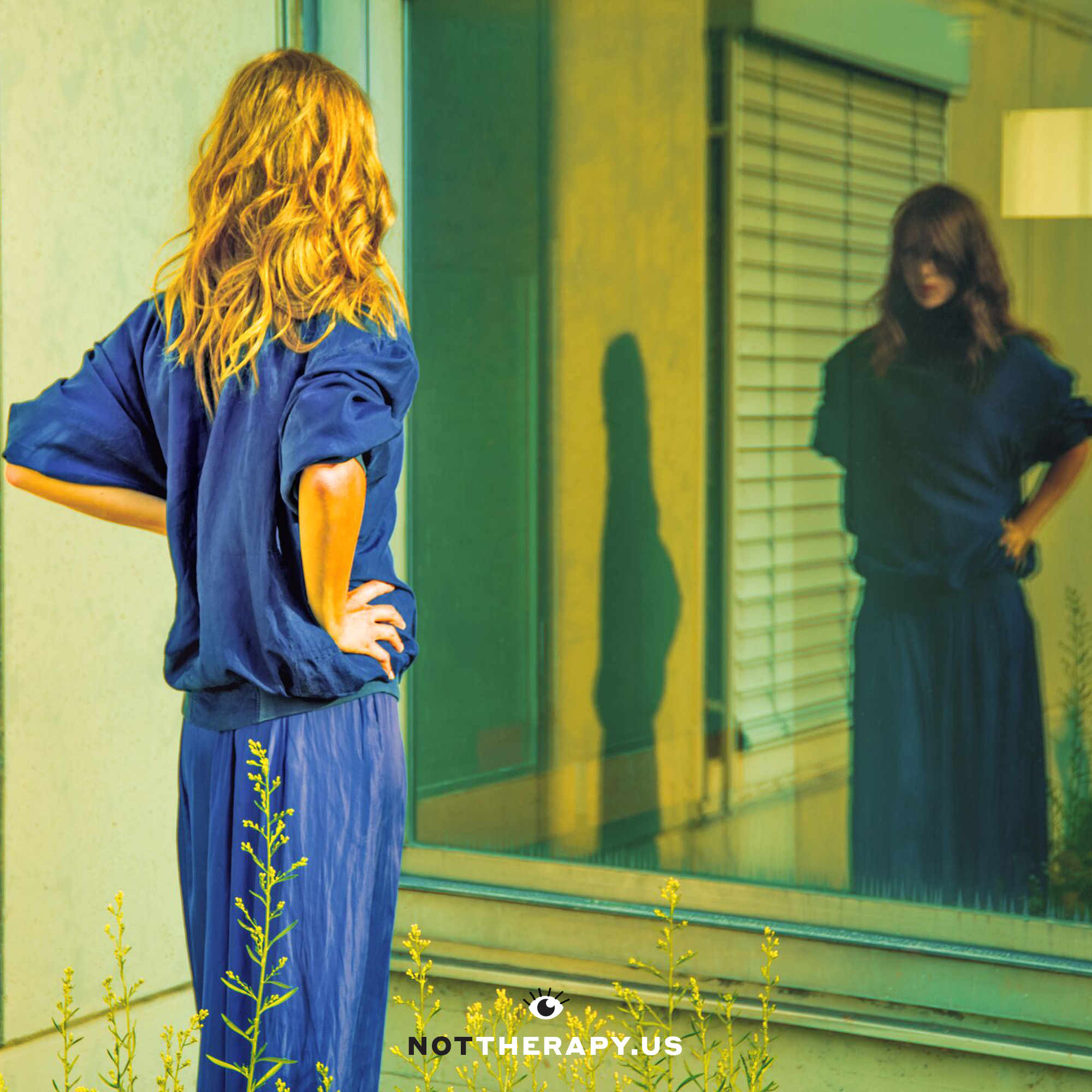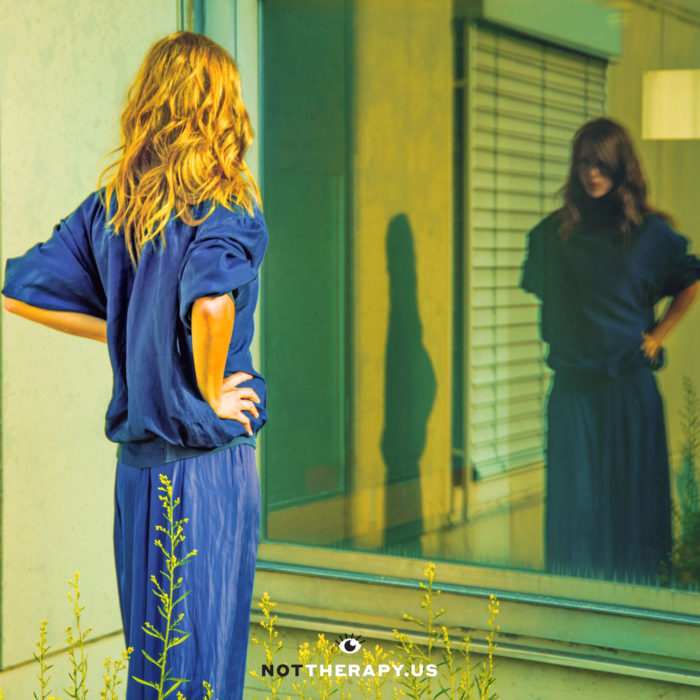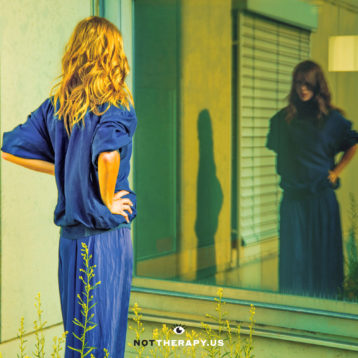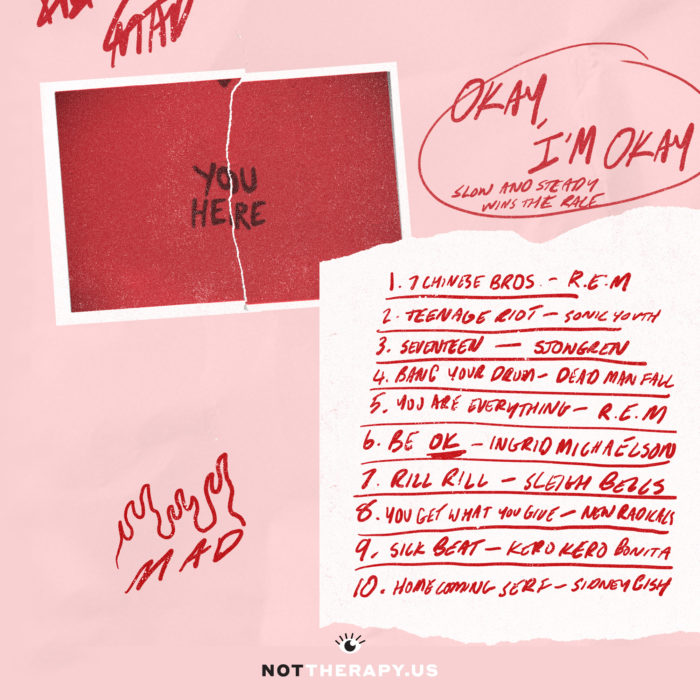You girls probably don’t remember the song by Cheap Trick called “I Want You to Want Me.”
It was released in 1979 when you were just a gleam in your mother’s eye, but that’s okay. I remember that song well. Loving it. Singing it. I was four-years-old.
Whether or not you know the lyrics doesn’t matter. We’ve all experienced the gist: wanting someone to want us. In this society, how do you get wanted? You’ve got to have sex appeal.
What’s considered sexually attractive has varied over the years—but it’s always been defined by society. In the 1600s and 1700s, sexy women were “stout and voluptuous: a little extra here and there was thought to be a sign of health and wealth.” In the 1800s, ideal women had “small waists and round, voluminous derrieres.”
In 2019, if you’re looking to define the ideal sexy specimen, and you thumb through a copy of Vogue, it would appear we’ve made some progress. Women’s magazines are increasingly featuring women of different colors, shapes and sizes. Yet, still, the ideal standard is to be thin, with perfect facial symmetry and long glossy hair.
It’s not like I need to school you on the specifics, media and social media do a damn good job of telling you what you need to be to be valued here. Let’s repeat it: sexy.
At some point around adolescence, all of us girls connect the dots: I want you to want me; For that to happen, I’ve gotta be sexy; To be sexy, I’ve gotta be…OH NO, everything I’m not.
And, that’s when it all begins—or all ends—depending on how you look at it.
#TheFacts
In 2007, The American Psychological Association formed a task force to address the concern that the sexualization of girls is a harmful, broad and increasing problem.
Research on the portrayal of women in the media—by which I mean, TV, magazines, blogs, video games and your social feed—has found time and time again that women more often than men are portrayed sexually in how they dress, their body language and facial expressions. As a result, they’re disproportionately objectified. Even more, regardless of the #bodypositivity movement, an unrealistic, unattainable standard of physical beauty is being consistently communicated across all channels.
While I know you’re obsessed with the Kardashians, that shit’s workin’ on you in your sleep. No joke.
Society’s influence creates an environment where self-objectification becomes a problem for many of us. What that means is that we start thinking of and treating our bodies as objects of others’ desires. Girls internalize the observer’s perspective and learn to treat themselves as things to be looked at and evaluated for their appearance.
Whether sexualization and objectification is coming from the outside-in, the inside-out or both, it affects all of us in a negative way.
#InOtherWords
From the time we’re small, we, girls, can read a room.
We have an innate sense for those around us, our environment, all the things.
We can feel that our Aunt Suzie likes it when we sit still at the table. We see ourselves through Suzie’s eyes: the good girl who sits still at the table vs the bad girl who’s on the move. We sense our teacher’s disgust when we shout out in class. We see ourselves through the eyes of the teacher: the competent student who raises her hand vs the nuisance who shouts out the answers.
To get through our days and feel good and competent, we learn to sit still around Suzie and raise our hands in class.
In time, we internalize others’ perspectives as truth and end up sitting still everywhere. Yep, even when Suzie’s not around, you know damn well that you’ve raised your hand outside of school, giggled to yourself and quickly put it down or made a joke. We all have. Noted: good girls sit still and raise their hands to be heard.
The same holds true for society. We learn that good girls (a.k.a., sexy girls) do bad things or at least, they’re more desirable when they look like they want to.
We can feel the way boys and men look at us, we can see ourselves through their eyes. Noted: good girls do bad things and my value is on fire in this place because I look hot.
We want to look good through the eyes of others and so, in time, their eyes become our own. We take the road most travelled just to be seen.
The problem is that when we set our sights on becoming all of the things valued here, in this place, we don’t ever have a chance of being seen or valued at all. We can feel that, too.
#TheFeels
It’s no surprise that research finds self-sexualization to correlate with poor school performance, mood concerns, anxiety, low self-esteem, eating disorders, and an unhealthy sexual identity in girls and women.
In one study, researchers split several girls in to two groups. One group was asked to change into swimsuits. Girls in the other group were asked to put on shorts and a top. After changing, both groups were given math problems to complete. Guess what? The girls in the swimsuit group performed much worse than the other group. They couldn’t even think, they were so distracted by their own bodies.
Interestingly, the researchers conducted the same study among two groups of boys. The results for the math test weren’t any different. They were able to think quite clearly in a swimsuit and otherwise. Yep. Sucks for us.
Or does it?
With insight, we have the power to change our responses—to Aunt Suzie, to the persnickety teacher, to society, to the male gaze, to each other. We don’t have to become the filtered, shiny version of ourselves that society says we should be. That’s not what’s ultimately satisfying. We are our best selves when we’re honoring the truest expressions of ourselves—who we are inside.
2019. This year is the year we’ll focus on wanting ourselves—Girls, I want you to want you. That’s what sexy looks like today. Me wanting me, you wanting you, and us helping each other to do it.
Start responding by not reacting. Here’s a cheat sheet. #DoThisThing with me this week. Sing with me, too.
Photo by Heidi Horowitz.


